Both fact and story: understanding climate injustice
Guest
On May 20th we're delighted to welcome Laurie Parsons for an essential conversation about climate injustice, and the way that rich parts of the world hide environmental destruction and oppression in the maze that is our globalised world.
Join us for a Saturday afternoon full of climate justice learning, exploring Laurie's book Carbon Colonialism! Tickets are HERE.
Here, Laurie shares a list of books to help understanding of our world under climate and environmental collapse, and the many ays of thinking needed to grasp it:
The climate crisis tends to be presented in one of two ways. On the one hand it is portrayed as a technical problem, a question of technological advancement and innovation, of low carbon fuels, electric cars and carbon sequestration. On the other, it is presented as question of public will: the idea that, if only we could properly communicateclimate breakdown, if we could convey its seriousness, then this public epiphany would square the circle of climate politics.
Wherever we live in the world, each of us is in thrall to these accounts, that define what is right and what is wrong for the environment, and what is possible or impossible to fix. Brands, governments, companies, politicians, NGOs, each of the many organisations with which we share our lives has their own narrative on sustainability because they have their own interests. The climate crisis is as much about the stories we are told as the stylised facts that embellish them.
With this in mind, I’ve often toyed with the idea that the most profound environmental truth is in fiction; that the suspension of all pretence to objectivity is necessary to achieve a truly critical eye and an open mind. It’s not true of course. Facts are waypoints in the journey of our debates. Without fixed sites of mutual agreement, we are left wandering in a sea of speculation, unanchored to the shifting tides of opinion. Nevertheless, there is a kernel of truth to the point. The biggest obstacles to transformative change in our society are the unconscious narratives that funnel our thinking through entrenched pathways, that restrict debate to predetermined platforms, delimiting the politics of the possible.
Literature is a hugely important antidote to this malaise of restriction. Freed from the formal conventions of academic writing, literary expositions of a topic can administer the jolt of understanding that loosens us from the well-trodden grooves of our assumptions. This is especially important when attempting to address issues of global injustice, which we too often see as simply given, or inevitable. Each of the following books highlights the ugly skeleton of power, violence and prejudice that held the colonial world in place, and whose cultural legacy continues to underpin the politics of today.
In a simple sense, the first five are “non-fiction” and the second five are “fiction”, but my selection aims intentionally to trouble those labels. Absorbing, listening, allowing our worldviews to be challenged by stories outside of our everyday experience, is not an entertainment. It is fundamental to the change we need to achieve. Stories unmoored from facts are empty, but facts without narrative are meaningless. Genuine change requires attention to both sides of the page.
“Non-Fiction”
1. The Wretched of the Earth, Franz Fanon
The Wretched of the Earthis an essential precursor to any conversation about colonialism, or indeed about domination or power more generally. Not only does it evidence a deeply informed international understanding of the system as a whole, but evidences these structures through the experience and subjectivities of the colonised. Through an in-depth exposition of how unequal power relations persist through the process of decolonisation, it shines a prescient light on the world we know today.
2. Threatening Dystopias, Kasia Paprocki
One of the greatest myths of climate policy in its current incarnation is its apolitical nature. Taking action on climate change tends to be narrated as an uncomplicated good; a hopeful counterpart to the glowering adversary of greed-fuelled inaction. Yet the reality is more complex. As Kasia Paprocki shows in the case of Bangladesh, one of the world’s most climate vulnerable countries, climate adaptation policies often form part of economic narratives and strategies that redistribute power and resources away from peasant communities. Although these groups claim that increased production of export commodities will reframe the threat of climate change into an opportunity for economic development and growth, the reality is not so simple. For the country's rural poor, these promises ring hollow.
3. Pollution is Colonialism, Max Liboiron
Knowledge, even scientific knowledge, is power. Yet despite this, we tend to view much natural scientific knowledge as “a God’s eye view from nowhere”: neutral, valueless, eternally objective. Max Liboiron’s book Pollution is Colonialism, explains from a scientist’s point of view how this misapprehension is used to degrade environments, enforcing hierarchies of value that are anathema to holistic, thriving nature.
4. Empire of Cotton, Sven Beckert
There are a great many accounts of the processes and events that brought our global economy to this point. Few though, are as compellingly thorough as Empire of Cotton. Tracing the development of the British Cotton industry through its early stages of “war capitalism” to the industrial take-off that fuelled Britain’s 19thcentury supremacy, Beckert narrates this vastly consequential arc of history with an eye, always to the human scale. A troubling, but essential account of the dark side of technology’s white heat, the legacies of which continue to predominate today.
5. The Great Derangement, Amitav Ghosh
One of the greatest problems in communicating climate change is the scalar schism that underpins it. It is not only a global phenomenon, but one that exists across timeframes too grand for us to comfortably perceive. Urgency is rarely communicable through a graph, or spreadsheet, which leaves advocates of climate action grasping for metaphors: individual events to raise and debate, resulting in a paralysing socio-political stasis. Addressing this condition, the horror of tragedy endlessly foretold, Ghosh brilliantly dissects the cultural underwiring of our present climate inaction.
“Fiction”
6. The Death of Grass, John Christopher
A virus wiping out grass and crops has decimated Asia and soon spreads to Europe. In the wake of the Covid years, it seems uncannily, presciently, plausible. As, for quite different reasons, did the apocalyptic aftermath feel to the bomb-weary audiences of 1956. This is the day after tomorrow told yesterday, shorn of the entrenched understandings we bring to the climate crisis of today. And from this perspective it brings the dusty freshness of long forgotten knowledge: a straight-talking account of how nations act when they fear the future. At one point, when their food supply runs out, the protagonist kills a family to take their bread. "It was them or us", he justifies, post-hoc.
7. Things Fall Apart, Chinua Achebe
The idea of “terra nullius”, of empty land into which the “three Cs” of Civilisation, Christianity, and Commerce shone a light during the days of colonisation was so deeply entrenched in Western consciousness that it continues to leave a legacy to this day. This seminal book, set in Nigeria in the 19th century as British colonisers began to arrive, explodes this myth with a power that no academic text ever could.
8. Second Class Citizen, Buchi Emicheta
Britain is not now and never was an island in an economic sense. It has always depended on flows of people to keep the lights on and has often made great hay of this openness. Yet for many generations of migrants, hope gave way to a mean, cold and isolated reality. Following the journey of a gifted Nigerian student, Adah, from Lagos to London, this book explores the disillusionment and intersectional prejudice faced by migrant women whose status and pride is annulled to second class citizenship on arrival.
9. The Grass is Singing, Doris Lessing
It is an almost ubiquitous error in political thinking to treat power as a monolith, whether for good or for ill. Yet it is never thus. Even the most violently dominant power has its own internal contradictions, weaknesses, victims and deep-rooted fears. In her brilliant debut novel, set in the British colony of Southern Rhodesia, Lessing invokes the paranoia, unease and mismanagement that was as much a part of colonial rule as its more efficient violence. An uncanny, Gothic horror story exploring whit settlers’ terror of the black other, this book paints a lurid, lasting picture of the broken psychology of domination.
10. Ice, Anna Kavan
Published in 1967, long before the idea of global warming took root in public consciousness, Anna Kavan’s dreamlike parable of ecological breakdown sounds a jarring ring of truth today. Set in a world in which the polar ice caps are inexorably expanding, the inversion of the contemporary climate crisis renders its depiction all the more chilling in its accuracy. This icy imaginary is a direct inversion of the ratcheting heat we face today. Yet Kavan’s portrayal of a human landscape broiling amidst the encroaching chill is distressingly familiar: denial, fear, conflict, denial. Later scenes of equatorial fiesta, wherein music and flower leis belie the first breaths of arctic frost, feel as though written with a finger pointed accusingly at the reader. In its hallucinatory allegory of delusion, animalistically pursued, “Ice” shines a light instead on the cockroach-like insatiability of power in a dying world.
Linked Books
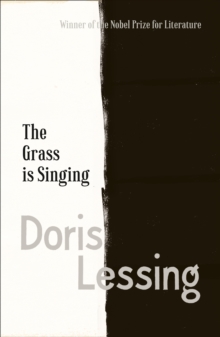
- title
- The Grass is Singing
- author
- Doris Lessing
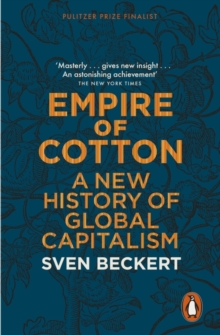
- title
- Empire of Cotton : A New History of Global Capitalism
- author
- Sven Beckert
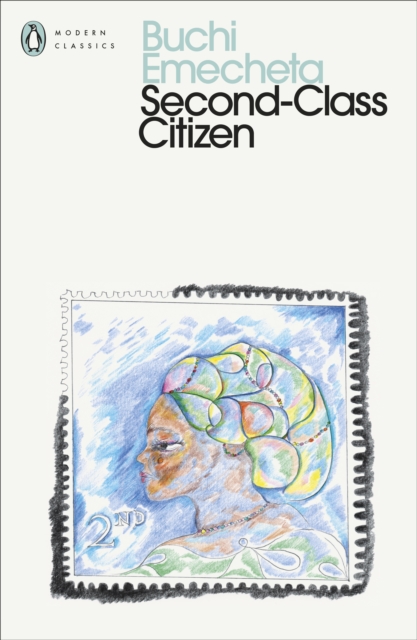
- title
- Second-Class Citizen
- author
- Emecheta, Buchi
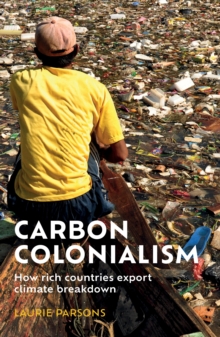
- title
- Carbon Colonialism: How Rich Countries Export Climate Breakdown
- author
- Laurie Parsons
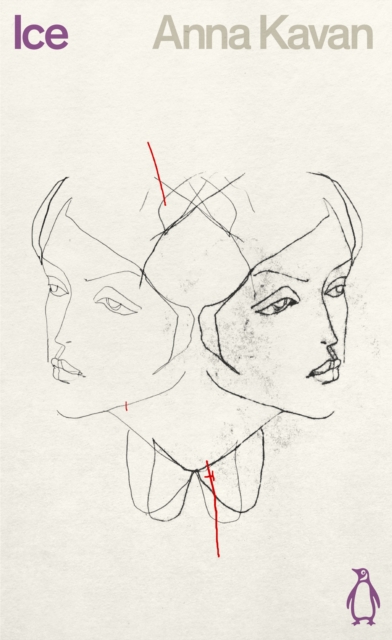
- title
- Ice
- author
- Kavan, Anna
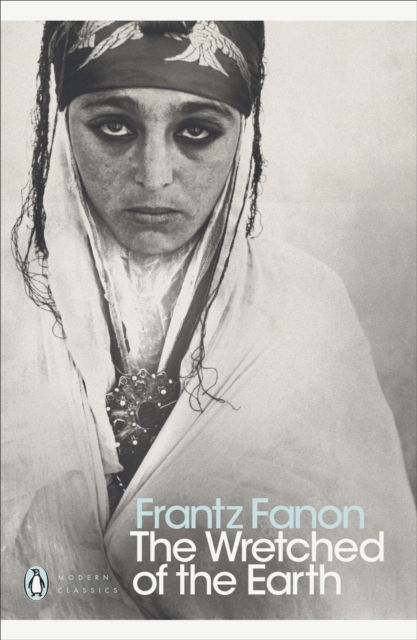
- title
- The Wretched of the Earth
- author
- Fanon, Frantz, Sartre, Jean-Paul, Farrington, Constance
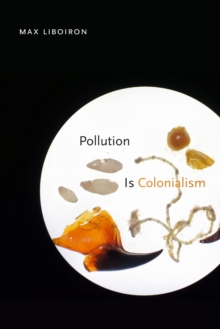
- title
- Pollution Is Colonialism
- author
- Max Liboiron
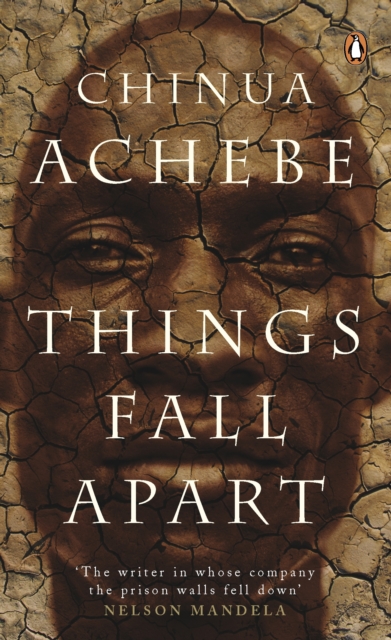
- title
- Things Fall Apart
- author
- Achebe, Chinua
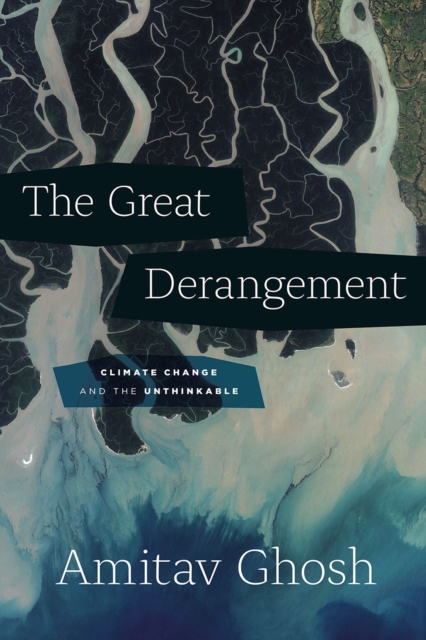
- title
- The Great Derangement : Climate Change and the Unthinkable
- author
- Ghosh, Amitav
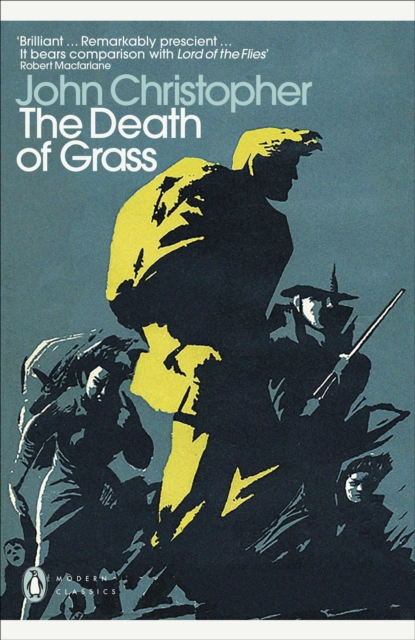
- title
- The Death of Grass
- author
- Christopher, John, Macfarlane, Robert